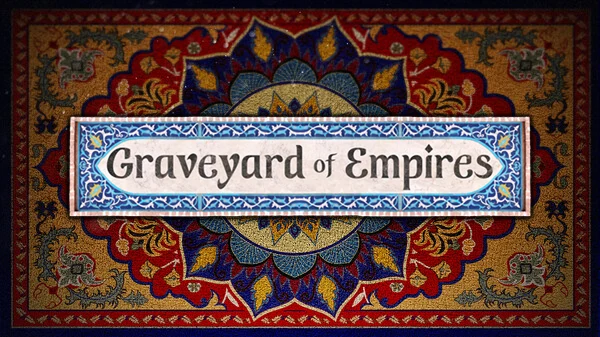Key Takeaways
1. Unique Civilization Choices: Players can select different species types and ideologies (e.g., mechanical, spiritual, militaristic) to create distinct empires and gameplay experiences.
2. 4X Strategy and Real-Time Mechanics: Stellaris combines exploration, expansion, exploitation, and conquest in a procedurally generated galaxy, with real-time gameplay and an open design.
3. Diplomacy and Conflict Management: Players must navigate alliances, trade agreements, and potential military confrontations while managing their empire and responding to unexpected events.
4. Critical Reception: The game is praised for its narrative depth and creative gameplay but criticized for performance issues in the late game, especially with large empires.
5. Promotional Offers: Stellaris was available for free until May 12, with significant discounts post-free period, highlighting its accessible pricing strategy for new players.
Released in 2016 by Paradox Interactive, Stellaris invites players to take control of a budding civilization as it ventures into the cosmos. You can choose to embody a mechanical hive mind, a pious alien swarm, or a group of peaceful explorers. The initial choice is yours, deciding who your species is and what values your empire upholds. Early in the game, you establish your species type—be it humanoid, insectoid, or reptilian—and pick an ideology such as spiritualism, militarism, or pacifism. From this point, every game is unique. You might meet bizarre alien species, discover ancient artifacts, compete for limited resources, or find yourself embroiled in galactic conflicts. Your empire may weaken from internal strife or face a peril that threatens the entire galaxy—Stellaris is packed with surprises, with each session narrating its own tale.
Gameplay Mechanics
Stellaris merges the foundational elements of 4X strategy with the intricate depth of grand strategy games. It adheres to the well-known 4X cycle—explore, expand, exploit, conquer—while employing real-time gameplay and the open design typical of Paradox games. Set within a procedurally generated galaxy filled with numerous star systems, the early stages focus on exploration, colonizing new worlds, and making contact with other civilizations. Key to establishing a lasting empire are research, resource management, and careful growth as you expand your territories.
Diplomacy and Conflict
Simultaneously, managing your empire requires constant juggling. Diplomacy is crucial, with alliances, trade agreements, rivalries, and espionage influencing the power dynamics across the galaxy. If you prefer a more aggressive approach, you can unleash your military might—customizable ships and large fleet battles provide a straightforward method to achieve dominance. Throughout the game, unforeseen events maintain an element of surprise, ranging from galactic crises and AI rebellions to interdimensional invasions and internal uprisings.
Critical Reception
The editorial staff at the German gaming outlet GameStar lauded Stellaris for its deep narrative and creative sandbox gameplay. They referred to it as a genuine “story generator,” endlessly creating distinct sci-fi adventures through player decisions and dynamic event sequences. WebGamers went even further, labeling Stellaris as “the most epic science fiction strategy game ever.”
However, GameStar critiqued the game’s technical performance, particularly in the later stages. As galaxies expand, Stellaris noticeably slows down, and managing large empires can become a cumbersome task. The extensive micromanagement and myriad details can transform the endgame into a true test of endurance. Furthermore, a lot of the game’s experience occurs in the player’s mind rather than on screen, as Stellaris maintains a visually simple and restrained appearance. For more insight, GameStar created a video that is available with English subtitles:
Ratings and Promotions
GameStar gave Stellaris a commendable score of 82 out of 100. Reviews on other platforms reflect a similarly favorable view: critics on Metacritic assigned it a Metascore of 78, while players rated it at 8.0. On Steam, the game boasts over 125,000 reviews with an impressive average approval rating of 87%.
In a special limited-time offer, Stellaris can be played for free until May 12. After the free period, the game—which typically retails for around $40—will be sold at a stunning 75% discount until May 19, reducing the price to about $10. Such significant discounts are not uncommon. According to SteamDB, Stellaris was available at this price during the City Builder Fest in March.
Source:
Link






